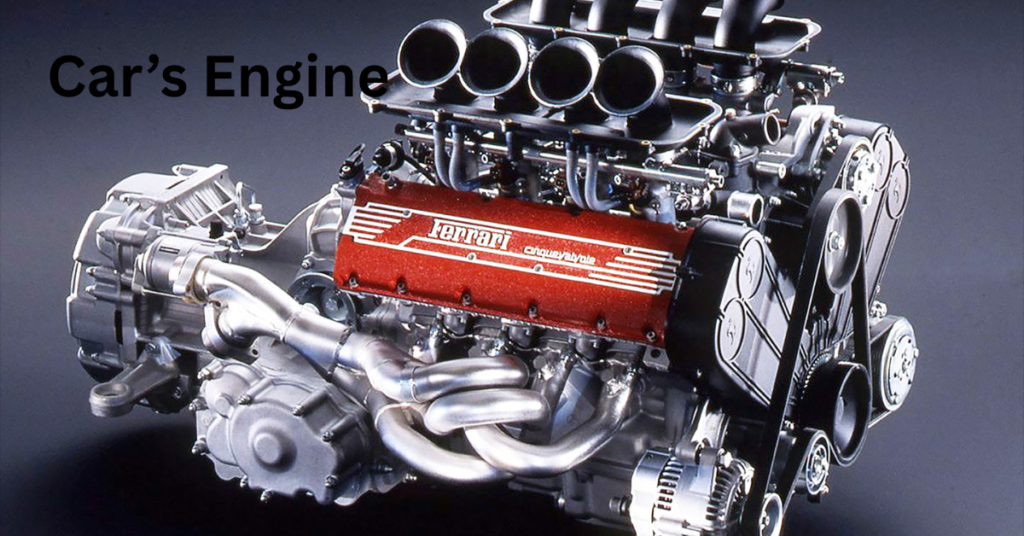Your car’s engine is its heart—keeping it in top condition ensures longevity, performance, and reliability. Neglecting engine care can lead to costly repairs, reduced fuel efficiency, and even complete breakdowns. According to a study by the Car Care Council, 25% of vehicles on the road have low or dirty engine oil, a leading cause of engine failure.
Whether you’re a daily commuter or a weekend driver, understanding how to maintain your engine properly can save you time, money, and stress. In this guide, we’ll cover essential engine care tips to keep your car running smoothly for years to come.
1. Regular Oil Changes Are Non-Negotiable
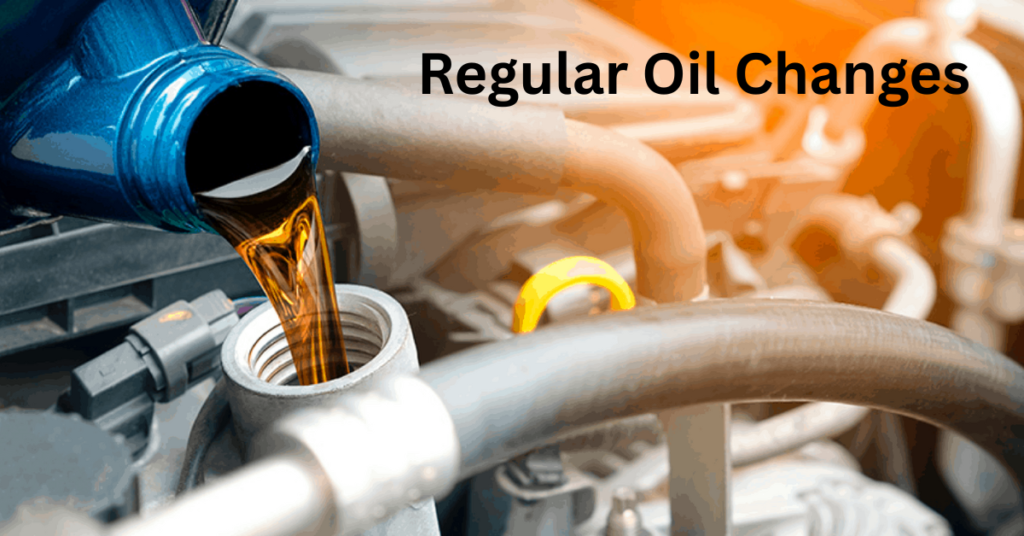
Engine oil lubricates moving parts, reduces friction, and prevents overheating. Over time, oil breaks down and becomes contaminated with dirt and debris.
- How often should you change your oil? Most manufacturers recommend every 5,000 to 7,500 miles, but check your owner’s manual.
- Use the right oil type: Synthetic oil lasts longer and performs better in extreme temperatures.
- Check oil levels monthly: Low oil can cause severe engine damage.
“Regular oil changes are the single most important maintenance task for engine longevity.” – John Nielsen, Automotive Expert, AAA.
2. Replace Air Filters for Optimal Performance
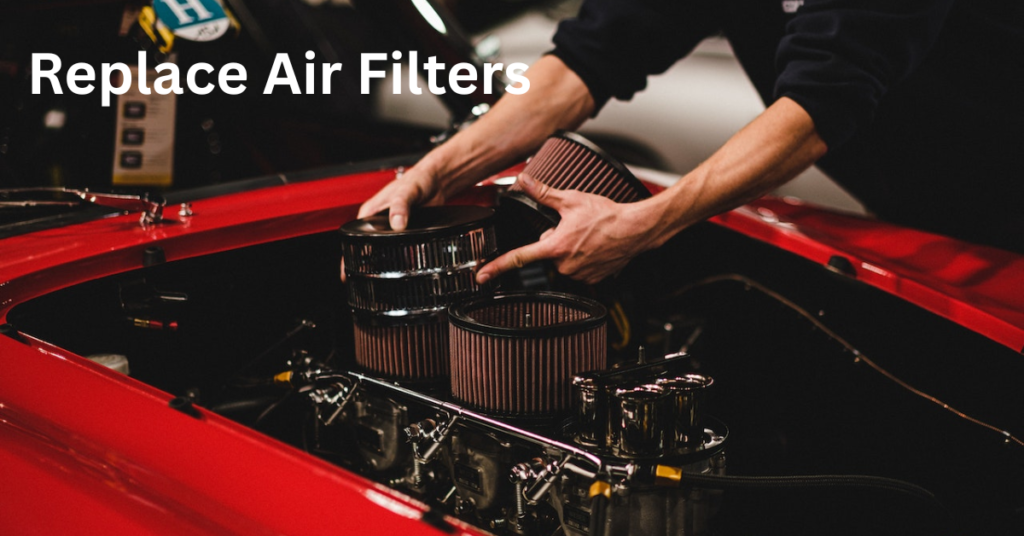
A clogged air filter restricts airflow, forcing your engine to work harder and reducing fuel efficiency.
- Inspect every 12,000–15,000 miles (or more often in dusty conditions).
- Signs of a dirty filter: Poor acceleration, unusual engine sounds, or black smoke from the exhaust.
3. Keep the Cooling System in Check
Overheating is a major cause of engine failure. The cooling system (radiator, coolant, hoses, and water pump) must function properly.
- Check coolant levels monthly and top off if needed.
- Flush the cooling system every 30,000–50,000 miles to prevent corrosion.
- Inspect hoses for cracks or leaks—replace if damaged.
4. Monitor and Maintain Belts & Hoses
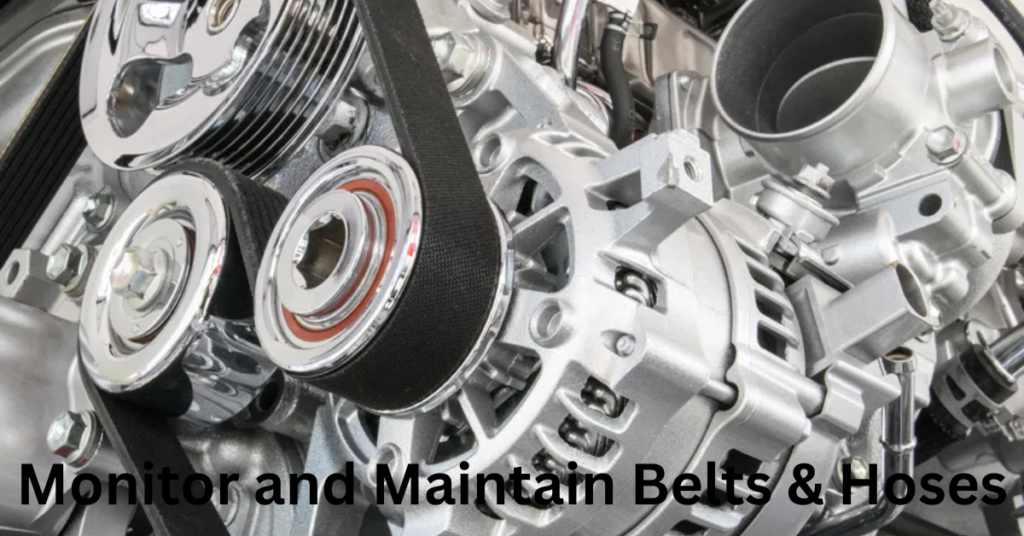
Serpentine belts and timing belts are critical for engine operation. A snapped belt can cause catastrophic damage.
- Check belts for cracks, fraying, or glazing.
- Replace timing belts per manufacturer guidelines (usually 60,000–100,000 miles).
5. Use High-Quality Fuel and Additives
- Top-tier gasoline reduces carbon buildup in the engine.
- Fuel injector cleaners (used every 3,000–5,000 miles) help maintain efficiency.
6. Pay Attention to Warning Signs
Ignoring dashboard warnings can lead to major issues. Common engine warning signs include:
- Check Engine Light (could indicate anything from a loose gas cap to a failing sensor).
- Knocking or pinging noises (may signal low oil or fuel problems).
- Excessive exhaust smoke (blue smoke = burning oil; white smoke = coolant leak).
7. Keep the Engine Clean
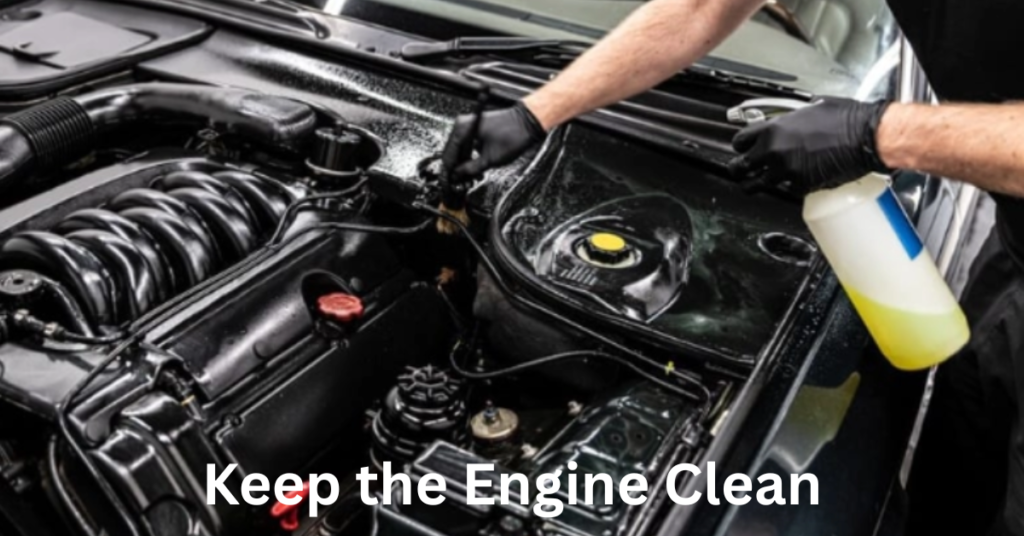
Dirt and grime can cause overheating and corrosion.
- Wipe down the engine bay (when cool) with a damp cloth.
- Avoid high-pressure water sprays—they can damage electrical components.
8. Follow the Manufacturer’s Maintenance Schedule
Your car’s manual provides a detailed maintenance schedule tailored to your engine. Stick to it to avoid unexpected breakdowns.
FAQs: Engine Care Questions Answered
1. How often should I check my engine oil?
Check your oil at least once a month and before long trips. Top it off if it’s low.
2. Can I use any engine oil, or does it need to be specific?
Always use the viscosity and type recommended in your owner’s manual. Wrong oil can harm performance.
3. What happens if I ignore a Check Engine Light?
It could lead to serious engine damage or reduced fuel efficiency. Get it diagnosed ASAP.
4. How do I know if my coolant needs replacing?
If the coolant looks rusty or muddy, it’s time for a flush. Most cars need it every 2–5 years.
5. Is it bad to drive with a dirty air filter?
Yes—it reduces power, lowers MPG, and strains the engine. Replace it as needed.
6. Do I really need synthetic oil?
While more expensive, synthetic oil lasts longer and protects better, especially in extreme temperatures.

